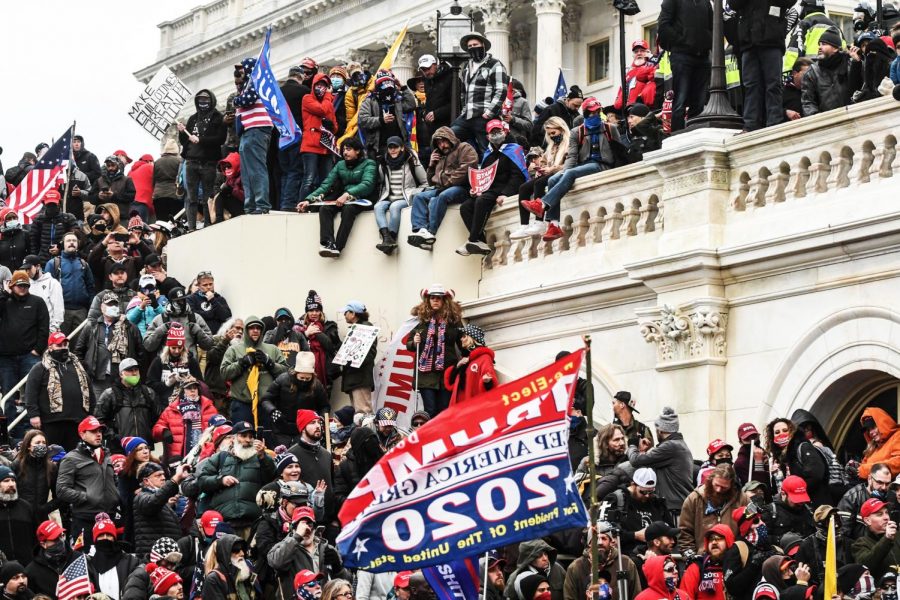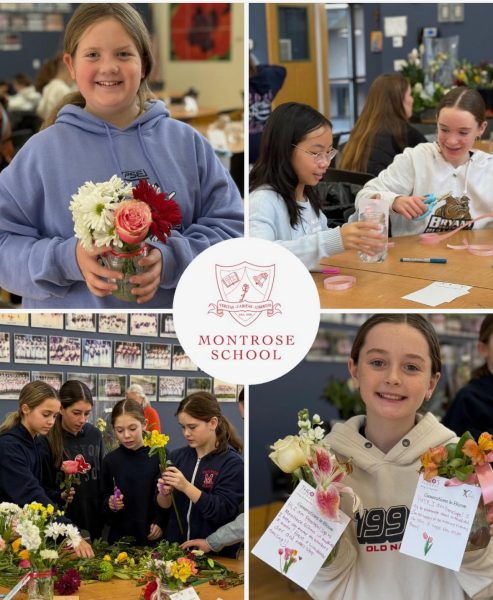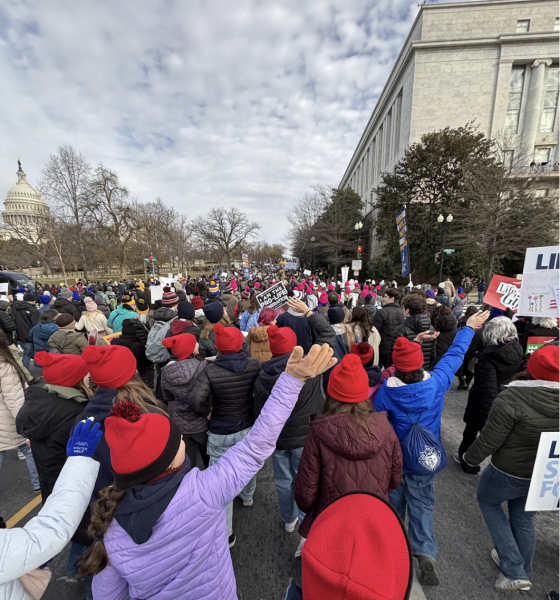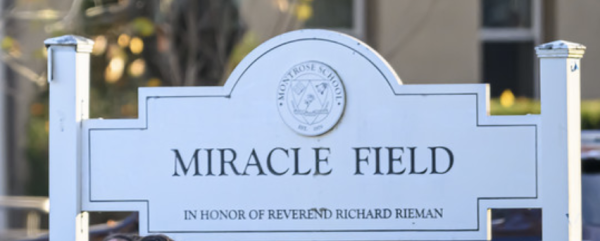The Riots at the Capitol: How Do We Move On?
The start of this new year for America… wasn’t great.
On Wednesday, January 6th, 2021, as Congress convened to count and validate then-president-elect Joe Biden’s presidential victory, news of a pro-Trump mob storming the US Capitol flooded every social media platform. Our nation watched on the screens before us the what-was-then unthinkable for many, yet unfortunately predictable by some, unfold. Rioters, many of whom attended former President Trump’s earlier “Save America Rally,” broke through police lines and barricades and invaded the Capitol building. Thousands of supporters, incited by Trump’s earlier claims of a “rigged election” and his urge for them to “fight like hell,” according to many testimonies, vandalized and looted our nation’s symbol of a democratic government: the Capitol. The frenzied mob, including many members of right-wing extremist groups, broke windows and ransacked congressional offices. Rioters, who were later identified, include former USA Olympic swimmer Klete Keller and Brooklyn Supreme Court Judge Shlomo Mostofsky’s son, Aaron Mostofsky. A gallow was erected in front of the Capitol building and the crowd chanted to hang House Speaker Nancy Pelosi and former Vice President Mike Pence. Fortunately, all lawmakers were securely evacuated into a safe room and suffered no physical harm. Amidst the countless maskless rioters, one hoisted the Confederate Flag, a symbol often identified today with white supremacy and American racism. A video was released from the White House where former President Trump told the rioters to go home while praising them as “very special,” which caused backlash. With five dead, including one police officer, and more than 50 injured, many argue that the former president’s post-insurrection statement was too little and too late. Innumerable Americans, whose eyes were glued to the live recordings of the riots, question whether this is the America they are raised to know and believe in. Innumerable Americans were disappointed by the state of America they saw.
Many Montrosians shared their reactions to the madness of January 6th. A member of the class of ‘23 said: “Personally, I felt what they did was absolutely wrong and very unnecessary… and gave me a reality check that society can be brutal at times.” Anna Sheehan ‘21, reflected: “I was distraught and disturbed by the presence of Confederate flags at the riots. When I found out that five people died, I was incensed: what was worth the loss of life? Certainly not a lie. I’m outraged that five people died for the advancement of a cause based on a lie, namely, Trump’s false claim that he won the election.”
Anna Hvidsten ‘23 said: “I was very scared when I saw the Capitol riots on television. It’s nerve-wracking seeing how deep into the Capital they got and how awful they were to the guards. It made me especially nervous knowing that the Inauguration was soon— I was afraid that this same group might act similarly or possibly even more destructively at President Biden’s Inauguration.”
On the same day, the Congressmen and women gathered to address the situation. Many Republican Senators withdrew their objections to the electoral vote, and they agreed that unity between the parties and the protection of the truth is, according to Sen. Mitt Romney, the “responsibility of the leaders.” A small minority tried to cast doubt on the election.
Many students and many civilians saw this point in history as another dose of disillusionment of how America is not one body and doesn’t seem to want to be. Is it possible for us, as a community, as a school, as a state, as a country to move forward? As a nation of people who love and bleed for their country? Who are disappointed in their country? Can we endure another 2020? Can we endure another year of disunity? Do we have to? Or do we want things to be different this year? It’s a new year.
How do we move on from the chaos that was last year? How do we find unity and bond with others? Where we now see enemies and “the other side,” is it possible to see friends? Where we see chaos and violence, scoff and turn our heads, or put our head down or rant on social media, is it possible to hope for solutions? Is it possible to act?
It’s necessary for our country to have differing opinions, beliefs, and perspectives— it is an important part of our democracy. We need these disagreements, but we cannot flare our disagreements and grow it into discord. We cannot weaponize our disagreements to stir up disunity. How?
On October 20th, 2020, Mrs Whitlock, Humanities Coordinator, talked to the school about the importance of having Courageous Conversations — about communicating with others in a respectful and empathetic way. It can be hard to talk about politics— especially with your family — but it doesn’t have to be a taboo. One of our favorite things that Mrs. Whitlock talked about was a simple task, but something we all forget to do, especially when in a straining conversation. She said: “Remember how much you love them, and tell them that you love them.” Simple, right? But we really do sometimes forget that these people are our family. The Courageous Conversations talk teaches us how to have disagreements peacefully. One political conversation can’t break the relationship. Well, the same goes with our community and with our nation. “Remember how much you love them.” Getting angry is natural— but holding onto hatred is toxic. Remember that, though we are individuals with differing beliefs, we are a nation of people who must act with love. How do our courageous conversations mend our current broken bridges? By listening. By having empathy. By thinking to oneself — “this is an American who loves their country and wants the best for their nation. We both want to help” — we would then remove the antagonism among our fellow people. Where we see enemies and villains, we will begin to see friends. Where we see fools, we can choose to understand. Through building common ground and recognizing the humanity of every single individual, whether we agree with them or not, we can avoid discord and disunity in our country. As in President Biden’s Inauguration on January 20th, 2021, author Amanda Gormon said:
That we’ll forever be tied together, victorious
Not because we will never again know defeat
but because we will never again sow division
-”The Hill We Climbed”
This is a new year. This year marks the birth of a new era for our nation. We have the opportunity to change because America is damaged. America is hurt. America is waiting. America needs healing. And we can find healing. With love and understanding, we can achieve the perfection of collaboration. We can achieve.
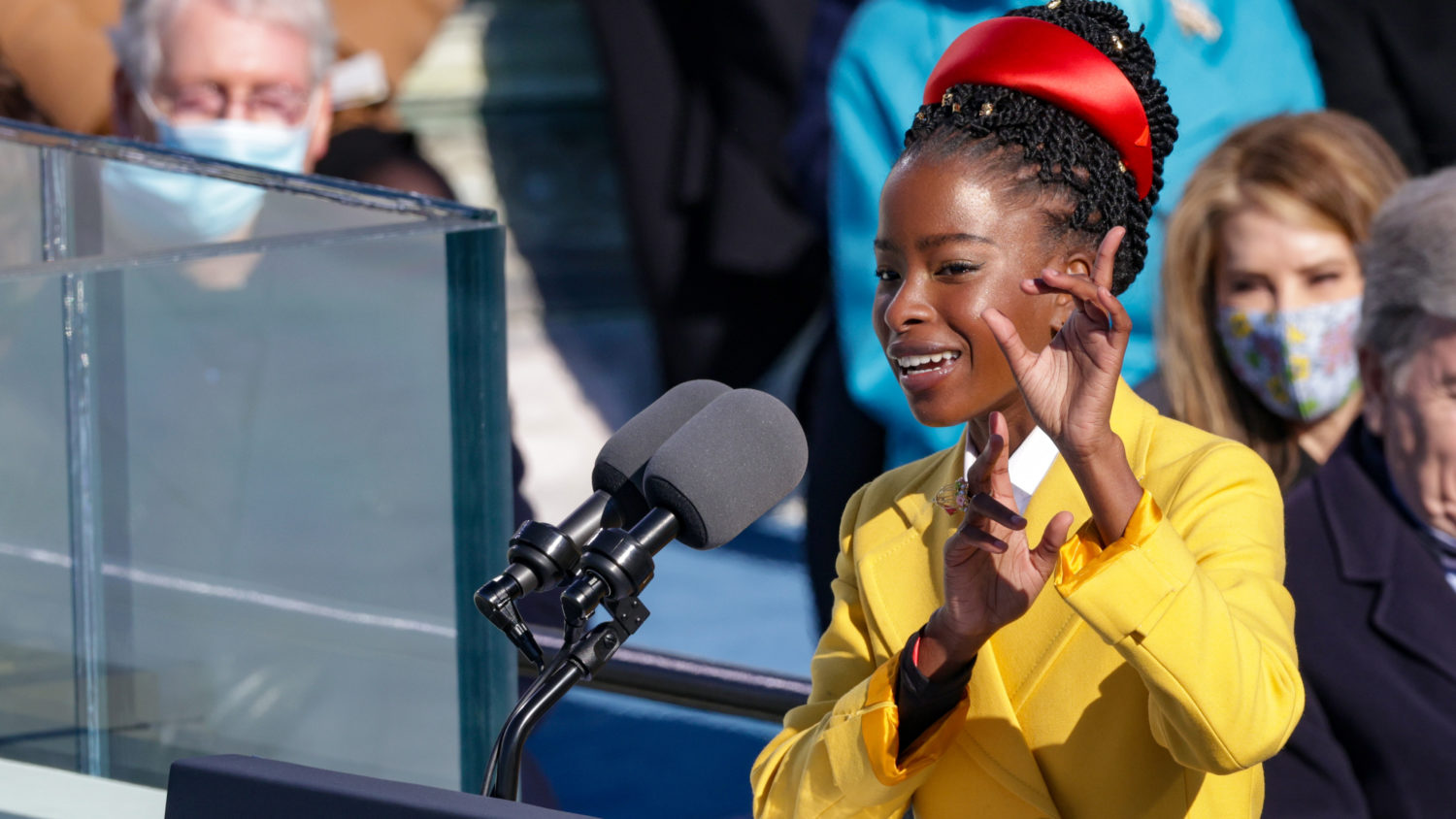
Jenn Uche ’22, Opinions and Walrus Editor & Faith Chen ’22, Social Media and Copy Editor

